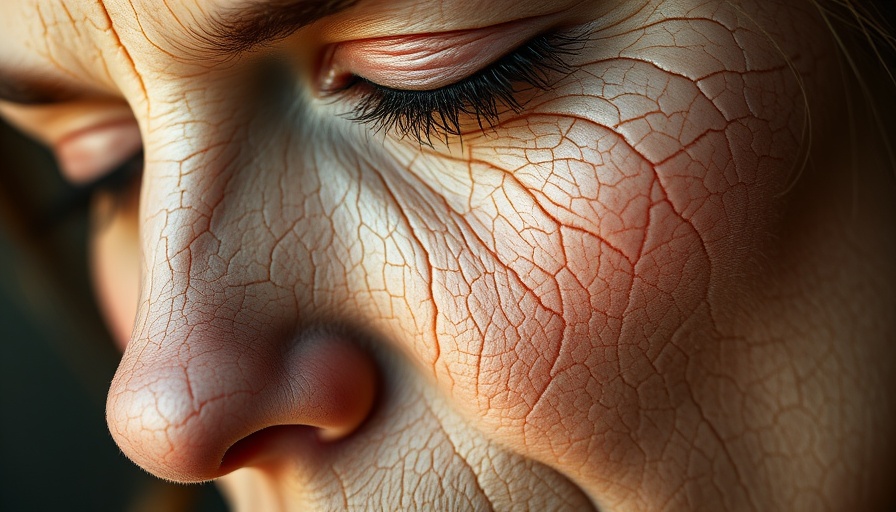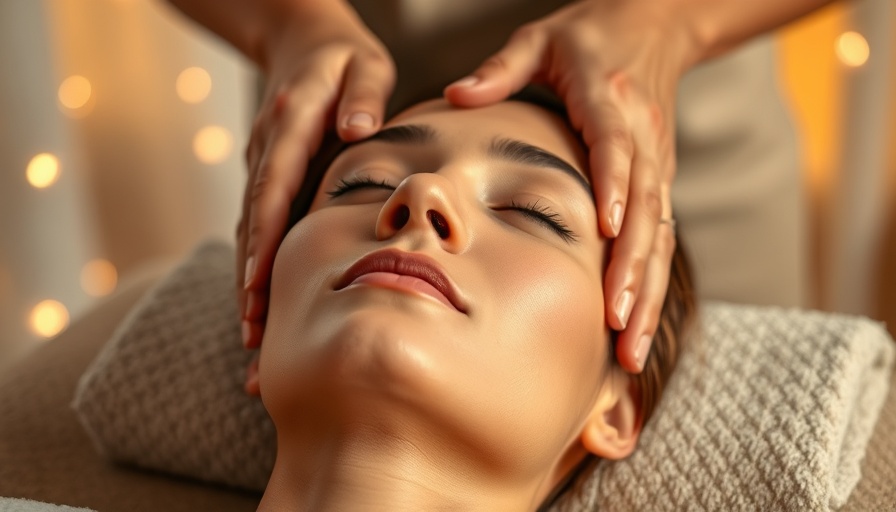
Understanding Dry Skin and Its Common Causes
Because dry skin can affect not just your appearance but also your everyday comfort, understanding its causes can be the first step toward alleviating the problem. Dry skin—especially during harsh seasons—can result from multiple factors, and knowing these can empower you in your skincare journey.
Some of the leading causes include:
- Cold or Dry Weather: Weather plays a huge role in skin hydration. During winter months, low humidity can suck moisture from your skin, causing it to dry out even more.
- Hot Showers: Though warm showers feel good, they strip natural oils from your skin, leading to tightness and discomfort.
- Harsh Products: Certain cosmetics and cleansers can create irritation, worsening dryness, especially if your skin is already sensitive.
- Improper Hydration: Not drinking enough fluids can result in dull skin. Keeping your body hydrated is essential for maintaining healthy skin.
Spotting the Signs of Dry Skin
How do you know if your skin is dry? Some common signs include:
- Tightness after washing your face
- Flaky patches
- Itchiness or redness
- Dullness
Recognizing these indicators early can save you from more severe dryness later on.
Natural Remedies: 10 Ways to Tackle Dry Skin
The good news is that you don’t need to rely solely on expensive commercial products to treat dry skin. Here are ten natural remedies that are effective:
- Coconut Oil: This wonderful oil acts as a natural moisturizer. It's packed with fatty acids which can help repair the skin barrier. A study published in the International Journal of Dermatology found that virgin coconut oil was as effective as mineral oil in moisturizing dry skin.
- Honey: A natural humectant, honey attracts moisture to the skin while also providing antibacterial properties. Applying raw honey to your face can enhance hydration.
- Aloe Vera: Known for its soothing properties, aloe vera gel can hydrate while repairing the skin. Its natural enzymes help in removing dead skin cells.
- Avocado: Rich in healthy fats, avocados can hydrate the skin both when eaten and applied topically. You can mash an avocado and create a creamy mask.
- Olive Oil: A remarkable moisturizer, olive oil is great for sealing in hydration. It can be applied directly to the skin or mixed with other ingredients, like sugar, for a scrub.
- Yogurt: The lactic acid in yogurt acts as a gentle exfoliant while also moisturizing the skin. Applying plain yogurt can leave your skin feeling fresh and hydrated.
- Oatmeal: Ground oatmeal provides natural exfoliation and helps soothe irritation. Mixing oatmeal with water forms a paste you can apply as a mask.
- Shea Butter: This rich, creamy substance is excellent for locking in moisture. It’s packed with vitamins and is beneficial for even the most irritated skin types.
- Jojoba Oil: Mimicking the skin's natural oils, jojoba oil is an amazing choice for moisturizing without adding extra grease.
- Raw Milk: The lactic acid in raw milk gently exfoliates while its fat content hydrates the skin effectively.
Why DIY Remedies Are Worth Trying
While commercial products can be beneficial, they can also be harsh and full of synthetic ingredients. By using natural remedies, you can restore moisture without risking irritation. Furthermore, these remedies often come from ingredients you may already have at home, allowing for both economy and convenience.
Final Thoughts: Embrace Natural Skincare
If you’ve been struggling with dry skin, these remedies can help you regain your skin’s natural glow without resorting to expensive or chemical-laden products. The choice to stick with nature-based skincare is a step not only toward better skin but also a more conscientious lifestyle. Remember, your skin is a reflection of your overall health, so taking care of it naturally could lead to a confident, empowered you.
Ready to give these remedies a try? Start your journey to healthy, hydrated skin today!
 Add Row
Add Row  Add
Add 



Write A Comment